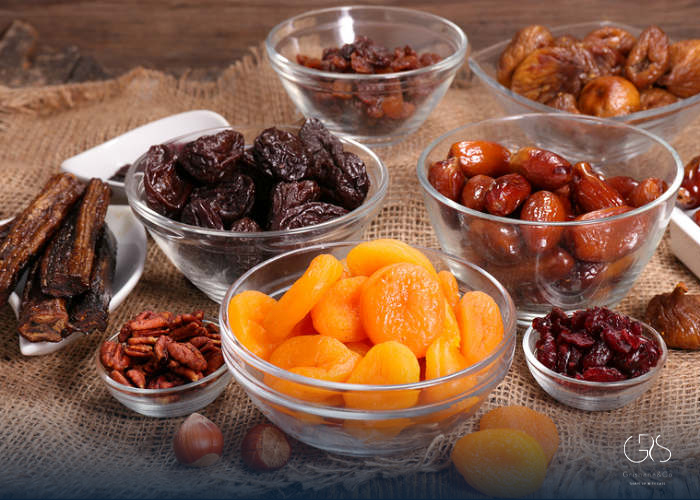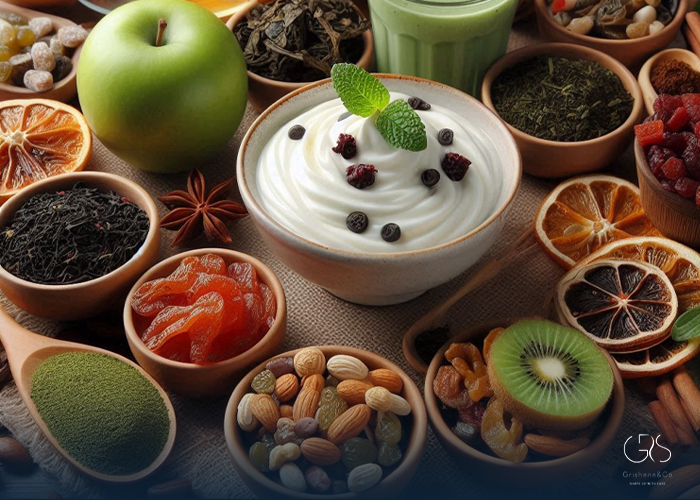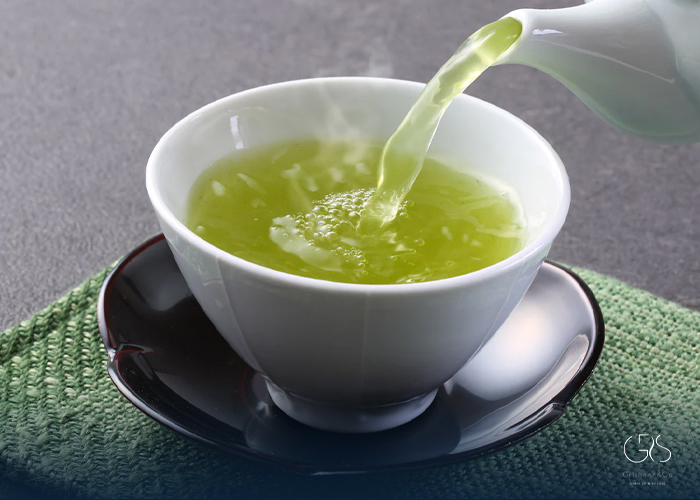Ex Maintaining good oral health is crucial for overall well-being. While regular brushing, flossing, and visits to the dentist play a vital role in keeping our teeth healthy, our diet also significantly impacts oral health. Consuming the right foods can help prevent dental issues such as cavities and gum diseases, while avoiding certain foods can safeguard our pearly whites. In this article, we will discuss four foods that promote healthy teeth and nine foods that should be limited or avoided to maintain optimal oral health.
Foods To Eat for Healthy Teeth
- Cheese: Incorporating cheese into your diet can be beneficial for dental health. Cheese is high in calcium, which helps in the remineralization of teeth, strengthening the enamel. Additionally, cheese stimulates saliva production, which aids in reducing harmful acids in the mouth that can cause tooth decay.
- Crunchy Fruits and Vegetables: Foods such as apples, carrots, and celery require more chewing, which increases saliva production. Saliva acts as a natural cleanser, washing away food particles and bacteria. Moreover, these fruits and vegetables are rich in fiber and vitamins that are essential for healthy gums.
- Yogurt: Yogurt is not only a good source of calcium but also contains probiotics, which are beneficial bacteria that promote oral health. These probiotics help in reducing the growth of harmful bacteria in the mouth, preventing plaque formation and tooth decay.
- Green Tea: Green tea contains polyphenols, which have been shown to have antimicrobial properties. Drinking green tea can help reduce the growth of bacteria in the mouth, preventing tooth decay and gum disease. It is important to note that consuming green tea without added sugar is crucial for its dental benefits.
(Read more about the benefits of green tea.)

Foods To Avoid for Healthy Teeth
- Sugary Drinks: Sugary drinks, such as soda and fruit juices, are highly acidic and contain excessive amounts of sugar. These beverages can cause erosion of tooth enamel and increase the risk of cavities. According to a study by the American Journal of Clinical Nutrition, regular consumption of sugar-sweetened beverages is associated with a higher risk of dental caries.
- Sticky Candies: Sticky candies, like caramel and taffy, are particularly harmful to dental health. These candies tend to adhere to the teeth, promoting the growth of cavity-causing bacteria. The longer the sugar stays in contact with the teeth, the more damage it can cause.
- Citrus Fruits: While citrus fruits are rich in vitamin C, the high acidity in these fruits can erode tooth enamel if consumed in excess. It is essential to consume citrus fruits in moderation and rinse the mouth with water afterward to minimize the effects of acidity.
- Sports Drinks: Although marketed as a healthy choice, sports drinks often contain high levels of sugar and acidity. These drinks can lead to tooth decay and enamel erosion. It is recommended to opt for water instead, especially during or after physical activity.
- Coffee and Tea with Added Sugar: Both coffee and tea can stain teeth, but adding sugar to these beverages compounds the negative effects. Sugar promotes the growth of bacteria and increases the risk of oral health issues. Drinking coffee and tea without added sugar is a healthier choice.
(I suggest you read my article about daily sugar intake.)
- Alcohol: Excessive alcohol consumption can contribute to poor oral health. Alcohol is known to cause dry mouth, which reduces saliva production and increases the risk of cavities and gum disease. Limiting alcohol intake and staying hydrated with water is essential for maintaining good oral health.
- Acidic Foods and Drinks: Acidic foods and drinks, such as tomatoes, citrus fruits, and vinegar, can erode tooth enamel over time. It is advisable to consume these foods in moderation and rinse the mouth with water afterward to neutralize acidity.
- Chewing Ice: Chewing on ice may seem harmless, but it can cause enamel fractures and lead to dental emergencies. It is best to avoid chewing on hard substances, as they can damage the teeth.
- Dried Fruits: While dried fruits are a healthier snack option compared to candies, they can still be harmful to teeth. Dried fruits are sticky and contain natural sugars, which can leave residues on teeth and promote cavity formation. It is advisable to brush or rinse the mouth after consuming dried fruits.

Conclusion:
Maintaining healthy teeth is possible by making conscious choices about what we eat. To eat for healthy teeth, include foods like cheese, crunchy fruits and vegetables, yogurt, and green tea in your diet, as these can promote good oral health. These food choices are rich in essential nutrients and encourage saliva production, which helps to neutralize acids and prevent tooth decay. However, to maintain proper oral health, it is also essential to limit or avoid sugary drinks, sticky candies, citrus fruits, sports drinks, coffee and tea with added sugar, alcohol, acidic foods and drinks, chewing ice, and dried fruits. By combining a balanced diet with proper oral hygiene practices, we can ensure long-term oral health and a beautiful smile.
Sources
- American Journal of Clinical Nutrition, Sugars and dental caries
- Mayo Clinic, Oral health: A window to your overall health












